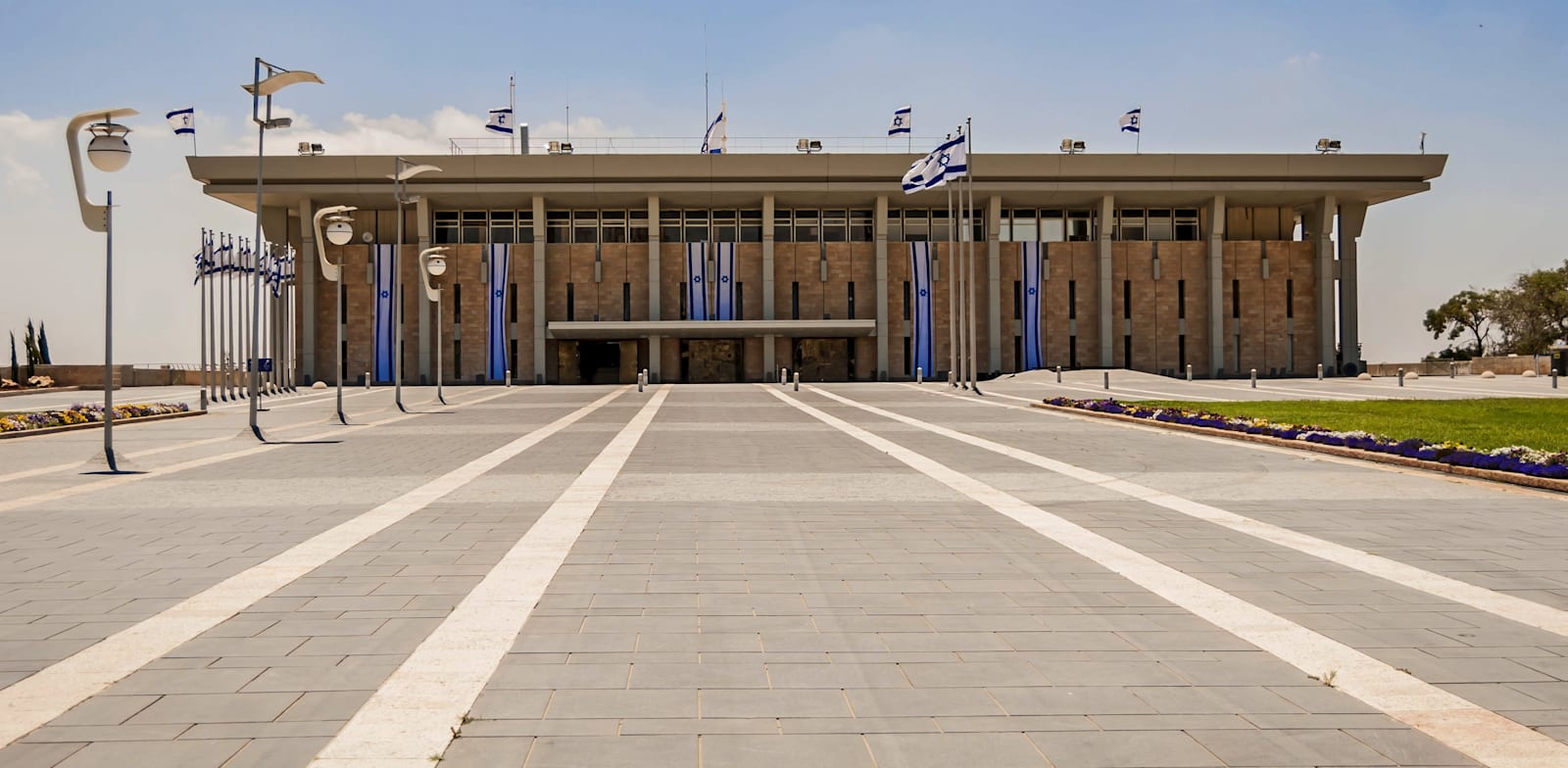Jerusalem, Israel's capital and biggest city has become the country's first city to see its population exceed 1 million, the Central Bureau of Statistics has announced ahead of Jerusalem Day. Tel Aviv, Israel's second largest city has less than 500,000, although the Gush Dan inner metropolitan region has a population of 1.5 million.
60.5% of Jerusalem's population is Jewish and others, of which about half (29.2%) is haredi, while 39.5% of the population is Arab. The average birthrate in Jerusalem is 3.68 children per woman, well above the national average of 2.89. The birthrate is 4.3 among the Jewish population in Jerusalem, and 2.81 among the Arab population.
RELATED ARTICLES
Most of the population growth in Jerusalem is natural, with 20,500 more people born than died in 2023. 4,000 people migrated to the city last year, while 11,000 left. People came to the city from Bnei Brak, Beit Shemesh, and Tel Aviv and left it for Beit Shemesh, Tel Aviv and Beitar Illit.
To meet the population growth, massive approval of building permits is required. In 2023, 7,800 building permits were issued in Jerusalem, the most among all Israeli cities. Over 10% of all building permits issued in Israel were issued in Jerusalem. Although construction is slowing down in most of the country (down 8.9% in 2023 compared with 2022), in Jerusalem construction jumped, with 14.8% more construction starts than in 2022.
(I am working on several building permits. Each one is a Via Dolorosa.)

No comments:
Post a Comment